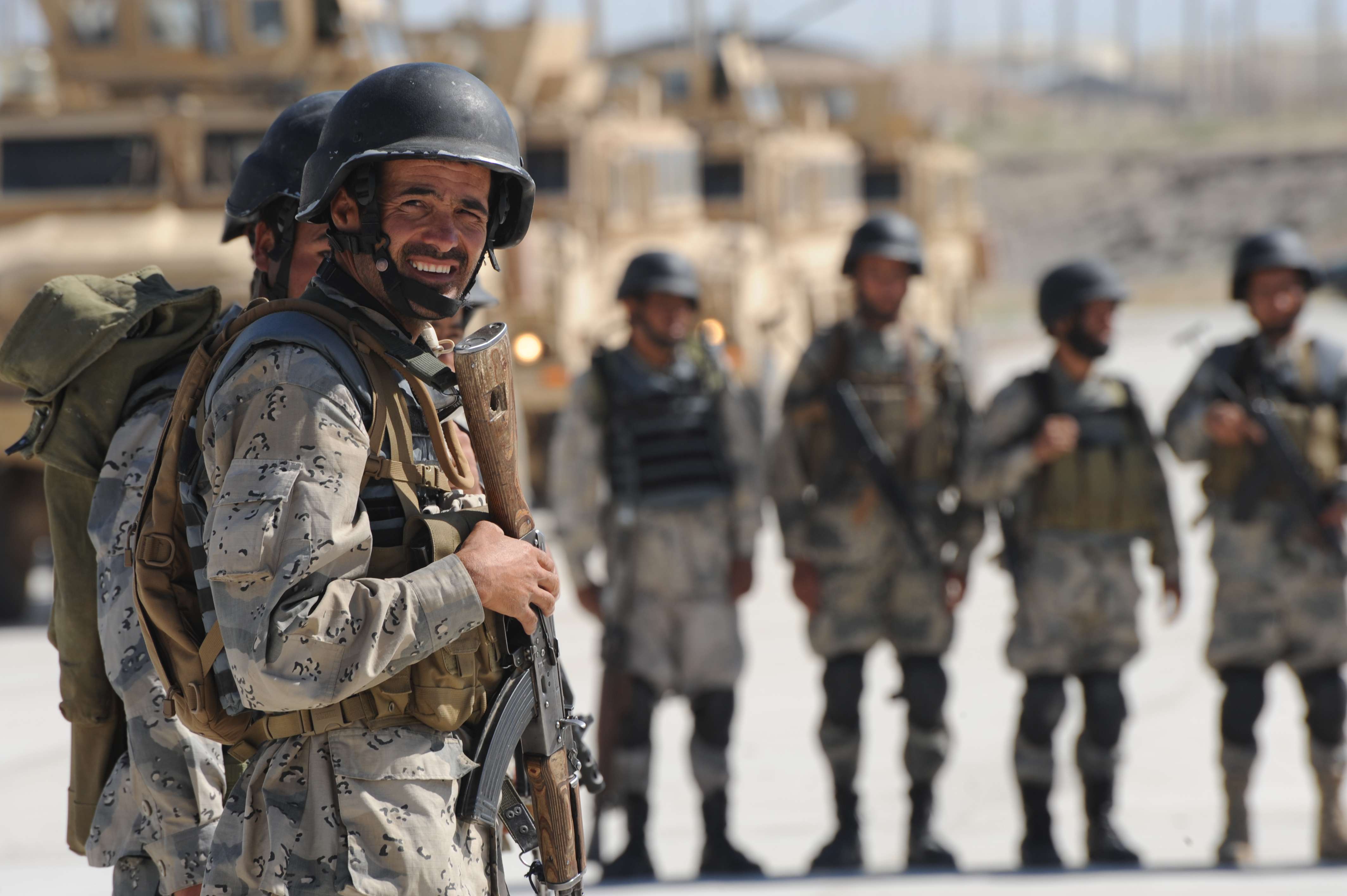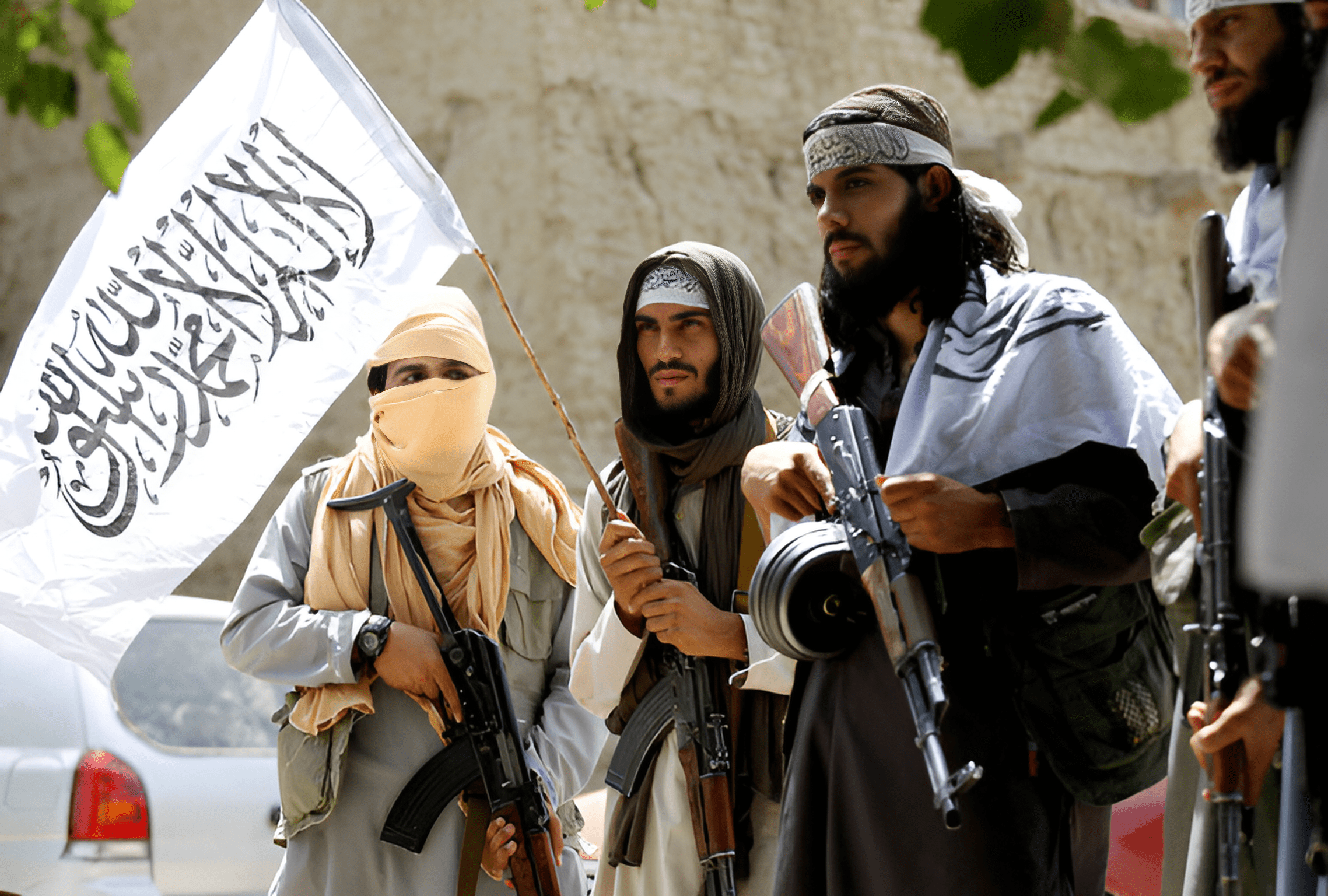“Any intelligent fool can make things bigger, more complex, and more violent. It takes a touch of genius and a lot of courage to move in the opposite direction”. E. F. Schumacher
In recent months, there have been increased incidences of terrorism mainly in Khyber Pakhtunkhwa (KPK) province. Tehreek-e-Taliban Pakistan (TTP) has taken responsibility of these attacks. Taliban take over in Afghanistan in 2021 provided a safe refuge for TTP to re-organize. TTP has been coming back to Pakistan quietly for over a year. They took their time to establish small cells in almost all administrative districts of KPK.
In former tribal areas and near the border, they attacked army and Frontier Corps (FC) posts and involved in target killing of locals cooperating with security forces. Later, in two high profile cases, militants forced surrender of policemen of a police station in Waziristan and decamped with arms and ammunition and in another case took their interrogators hostage at a Counter Terrorism Department (CTD) interrogation center in Bannu. This has spread fear among general population and demoralized civilian law enforcement agencies.
In case of the Bannu hostage crisis, some were suggesting negotiating with terrorists, but the army brass drew the line right from the start. Anti-terrorist Zarrar Company of Special Services Group (SSG) was flown to Bannu. Seven terrorists surrendered and in a multipronged attack on the compound, twenty-six were killed. SSG suffered three killed and over a dozen injured. All detachments of SSG were led by officers and almost all officers were injured in the operation. This operation has boosted the morale of the soldiers and set the stage for the new army Chief. He is seen as restricting himself to professional duties and avoiding publicity, that is a good start for a new Chief.
Army high command was busy first in construction and then deconstruction of the political engineering project and this exercise was sucking all the oxygen from the system. Indifference and fear are the hallmark of the provincial government of KPK resulting in paralysis. There have been reports that even provincial government ministers and advisors are paying extortion money to the militants to keep their heads on their shoulders. Provincial CTD department is in disarray with neither the resources, manpower nor training to conduct its mission. It has zero backing from the government and left as an orphan.
When the US withdrawal project got a good deal of traction, Pakistan hoped that the TTP problem would be solved by Tehreek-e-Taliban Afghanistan (TTA). This naïve view was held by those who have limited understanding of the evolution of Taliban phenomenon on both sides of the border. They conveniently ignored the ideological and organizational links of the two entities.
The senior brass decided on another round of negotiations with TTP although there were dissenting voices. Lieutenant General Faiz Hamid first as Director General Inter-Services Intelligence (DGISI) and then as Peshawar based XI Corps Commander was leading the negotiation process with TTP. There were two major flaws of this process. One complete misunderstanding of TTA and their game in the run up to US withdrawal and release of several TTP militants in Pakistani custody and allowing return of some TTP cadres along with their families without a concrete deal with a robust enforcement mechanism.
I was strongly against this approach and of the view that the return should be only linked with final settlement that includes a robust enforcement mechanism anchored in local communities. My argument was that off course, militants will agree to come back without arms but in the absence of an enforcement mechanism they will get arms locally and become active in due time. They will also need to generate local resources that is usually extortion. More importantly, army will lose public support as it will be seen as colluding with militants. Many senior officers who have done heavy lifting in the last two decades were furious at this approach as it was bound to fail.
Army was leading the whole process with no civilian participation. Civil society reacted and spontaneous protests of thousands of people in the former tribal areas, Swat and Malakand took the army by surprise and a hasty retreat was made. All political parties also distanced themselves from this approach. Precious trust won by the blood of officers and men and treasure of a cash strapped economy was lost in this ill thought exercise.
A ‘neither kill them all approach’ nor appeasement of militants will provide long term solution. This will simply assure repeated cycles of one or the other approach. Kinetic operations are an important aspect but that alone will not solve the problem. Pakistan cannot kill itself out of this complex problem. However, any settlement with the militants should be based on a reasonable consensus of the society and buy in from local communities is must in this conflict. In this context, army needs to re-evaluate its approach. Pushtun Tahaffuz Movement (PTM) is a grass root movement and will be a partner and not adversary in this conflict. In the past, when a tribesman was angry, he would take his gun and go to the mountains to challenge government authority. Tribal youth are hurt but this time they came down to Islamabad to protest and this should be viewed as a positive development. There is deep mistrust between the army and PTM, but sustained engagement is must for the common goal of peace and security of their homes.
It is important to understand the role of TTA in this equation. It is not a monolithic entity and there are various factions controlling different branches of the government of Afghanistan. Local commanders on the border are not under a strict centralized command. There is also issue of real time communication between border guards with their local, regional, and central leadership. TTA has zero interest in tackling or pressurizing TTP. It should have been crystal clear to everyone when the first act of TTA after takeover was to release all TTP prisoners from Afghan jails. They have clearly and repeatedly communicated this to their Pakistani intelligence, military and diplomatic interlocuters. They have simply offered to facilitate meetings between Pakistan and TTP on Afghan soil.

The major security challenge for TTA is Daesh. In 2020-21, it closely cooperated with the US in degrading Daesh infrastructure in eastern Afghanistan. Now, TTA is in contact with regional and international players and promising to fight Daesh. They hope to extract some concessions especially humanitarian assistance. Engagement with TTA should be focused on stabilization of the border to diminish the possibility of clashes and continued pressure to encourage them to curb TTP activities inside Afghanistan. This is not a promising option, but decades old festering wounds don’t heal miraculously in days. The real dilemma for Pakistan is how to take the fight to TTP sanctuaries in Afghanistan? Use of air assets or cross border raids will ensure outright hostility of TTA. Use of proxies inside Afghanistan to keep its own hands clean is the least bad option.
Pakistan army is not monolithic and there is deep divide between operational and intelligence officers about the issue of negotiation with TTP. Colonels and Brigadiers of ISI think that they are masters of the game and can operate independently at the exclusion of all others including their own uniformed comrades. They still have a benign view of TTA and do not blame them for activities of TTP. Even firing and artillery barrages from Afghan border guards in the last few weeks is blamed on poor communications and lack of training rather than any nefarious designs against Pakistan. On the other hand, those involved in operations blame TTP for all their problems and TTA for giving them shelter. The result is a deep mistrust where operational folks were first livid and now furious at the whole exercise. The change of army command may have shifted the balance in favor of taking stern action against resurgent militants and shelving the negotiation process for now.
In view of complete political disarray inside the country, only low-level intelligence contacts should be maintained with TTP. Current conditions are not suitable for a major negotiation project that needs sustained engagement by civil administration, ownership by provincial and federal governments and robust involvement of civil society. Serious work can be started on this project after next elections in 2023. In the short term, pressure should be maintained by interdicting cross border infiltration and proactive measures to root out cells. In former tribal areas, army and FC should take the lead as militants are large in numbers and armed with heavy weapons while civilian law enforcement structure is either non-existent or on a very weak footing. In the cities CTD and Intelligence Bureau (IB) should be in the lead with robust back up from paramilitary forces on as needed basis.
National Counter Terrorism Authority (NACTA) is a national organization that was set up to coordinate country’s anti-terrorism policy and includes all stake holders. Overall strategy against terrorism should be formulated and implemented by NACTA. Coordination measures including intelligence input from ISI, Military Intelligence (MI), IB, CTD and intelligence sections of paramilitary forces and timely operations based on time sensitive actionable intelligence requires a nuanced approach. Too much centralization results in inertia and bureaucratic hurdles while no supervision of individual entities results in duplication of efforts and things getting lost in departmental silos. Provincial CTDs especially KPK needs revamp. Dedicated and professional police officers should be appointed, and adequate resources provided for training and equipment. Joint training of CTD, paramilitary forces and army for counter-terror operations will improve operational preparedness and development of camaraderie.
Anti-terror court system also needs overhaul. First step is to stop using anti-terror laws for common criminal or politically motivated cases. This is a futile exercise that wastes scant resources and makes the whole system suspicious. Judicial officers should be trained for anti-terror prosecution and trials and parliament should enact or modify laws to meet this urgent need. In the absence of a reasonably functioning ant-terror judicial system, law enforcement agencies will continue to rely on forced disappearances and extra-judicial killings.
Militancy is a complex phenomenon that evolves with time. The response also needs to be flexible requiring periodic adjustments in kinetic and non-kinetic strategies to confront, roll back and then contain the menace.
“On earth it is hard; and heaven is far away”. Afghan proverb
Acknowledgements:
The author thanks many Pakistanis and Afghans for sharing their views candidly with me. During the author’s visits to the region; last one in the summer of 2022, he had conversations with Pakistani army officers with operational and intelligence backgrounds as well as civilians with in-depth knowledge about the region. In the winter of 2022, during a visit to London the author had conversations with two young former generals of the Afghan army who operated against militants in the eastern and southern provinces bordering Pakistan and in the Ministries of Defence and Interior and familiar with the issues.





